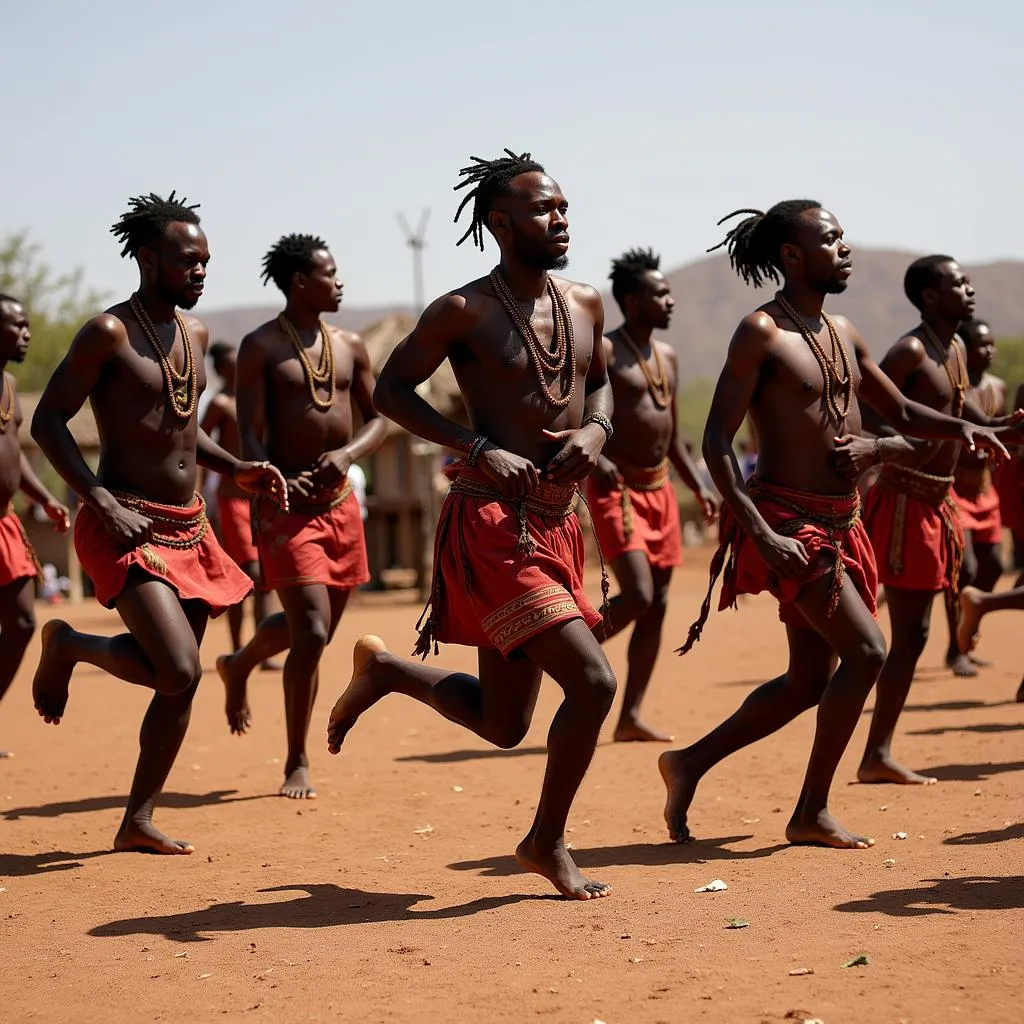African Countries with English as an Official Language
English plays a significant role across the African continent, a legacy of historical influences and globalization. Understanding which African countries with English as an official language helps to grasp the diverse linguistic landscape and cultural interactions within Africa and its connection to the wider world. This article explores the rich tapestry of nations where English holds official status, delving into their historical context, cultural implications, and the evolving role of English in shaping their future.
The historical context of English as an official language in numerous African countries is largely tied to British colonialism. While this historical association is complex and often fraught, it has undeniably shaped the linguistic landscape of the continent. English often serves as a bridge language, facilitating communication between diverse ethnic groups within a country and also connecting these nations to the global community. However, the adoption and use of English is not uniform across these countries, with varying degrees of fluency and differing cultural perspectives on its role.
Exploring Anglophone Africa: A Diverse Landscape
Several nations across the continent recognize English as an official language. This recognition has led to its use in government administration, education, commerce, and media. This prevalence of English facilitates international trade and diplomatic relations, offering these countries a significant advantage in the globalized world.
- East Africa: Countries like Kenya, Uganda, Rwanda, and Tanzania have English as an official language, alongside other indigenous languages like Swahili.
- West Africa: Nigeria, Ghana, Liberia, Sierra Leone, and The Gambia are among the West African nations where English is officially recognized.
- Southern Africa: South Africa, Zimbabwe, Zambia, Botswana, and Namibia also include English among their official languages.
It’s interesting to note the diverse ways in which English is used and perceived across these different regions, reflecting the unique cultural and historical contexts of each nation. For instance, while English might be primarily used for official purposes in some countries, it might be more integrated into everyday communication in others.
The Role of English in African Development
The use of English as an official language in these African countries plays a crucial role in their development. It allows for access to global knowledge and resources, particularly in fields like science, technology, and higher education. It also facilitates international collaborations and partnerships, opening up opportunities for economic growth and investment.
However, it’s essential to acknowledge the ongoing debates surrounding the role of English and its relationship to indigenous languages. Some argue that prioritizing English could lead to the marginalization of local languages and cultures. Others see English as a valuable tool for progress and global engagement.
How Many Countries in Africa Speak English Officially?
More than 20 countries in Africa recognize English as an official language. This widespread adoption reflects the historical influence of British colonialism and the continued importance of English in global communication. This number, however, doesn’t fully capture the complex linguistic reality on the ground, where multilingualism is the norm and English coexists with numerous other languages.
Beyond Official Status: English in Daily Life
While English holds official status in these countries, its actual usage varies widely. In some urban centers, English is commonly used in everyday communication, while in more rural areas, indigenous languages remain dominant. This linguistic diversity creates a complex and dynamic landscape, where code-switching and multilingualism are common practices. Understanding these nuances is key to appreciating the rich tapestry of communication across Anglophone Africa.
Why is English the Official Language in Many African Countries?
The historical legacy of British colonialism is the primary reason for the widespread adoption of English as an official language in many African countries. After independence, many of these nations retained English for practical reasons, including its role in administration, education, and inter-ethnic communication. It also provided a link to the wider world and facilitated access to global resources and opportunities.
Conclusion
The presence of English as an official language in numerous African countries is a testament to the continent’s complex history and its ongoing engagement with the global community. While the legacy of colonialism is undeniable, English now plays a multifaceted role in these nations, influencing everything from education and commerce to cultural exchange and political discourse. Understanding which African countries with English as an official language is crucial for appreciating the diverse linguistic landscape of Africa and its evolving relationship with the world.
FAQ
- Which African country has the highest number of English speakers? Nigeria has the largest English-speaking population in Africa.
- Is English the only official language in these African countries? No, most of these countries are multilingual, with English coexisting alongside various indigenous languages.
- What are some of the challenges associated with using English as an official language in Africa? Challenges include the potential marginalization of local languages and the uneven access to quality English education.
- How does the use of English impact access to education in Africa? English provides access to a wider range of educational resources and opportunities, particularly in higher education and scientific fields.
- What is the future of English in Africa? English is likely to continue playing a significant role in Africa’s development and global engagement, while also coexisting with and influencing the development of local languages.
- Are there any African countries where English is spoken but not official? Yes, there are countries like Seychelles where English is widely spoken but not the only official language.
- How does knowing which African countries with English as an official language help businesses? This knowledge is essential for businesses seeking to operate or invest in these countries, as it informs communication strategies and market understanding.
See also: african countries qoura and african country seychelles for more insights into specific African countries. For a comparison, you can also read about african countries french official language.
When you need assistance, please contact us: Phone: +255768904061, Email: kaka.mag@gmail.com or visit our address: Mbarali DC Mawindi, Kangaga, Tanzania. We have a 24/7 customer service team.
